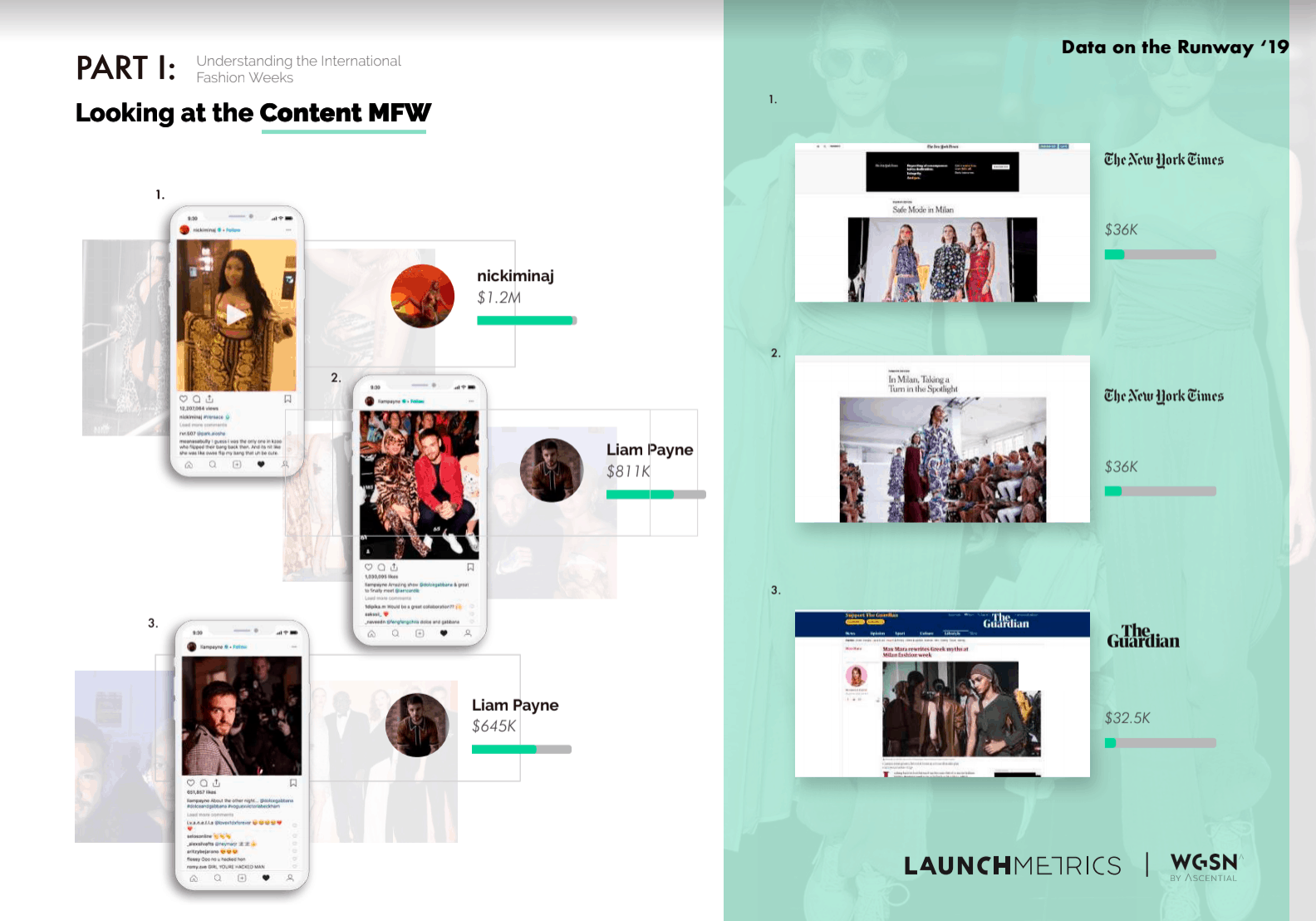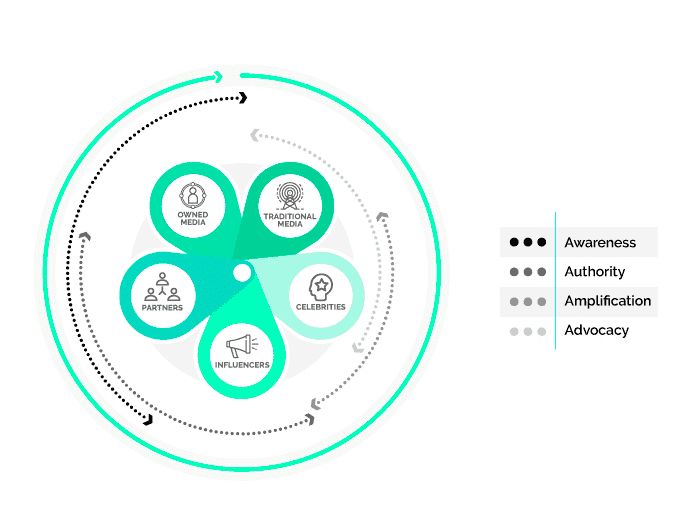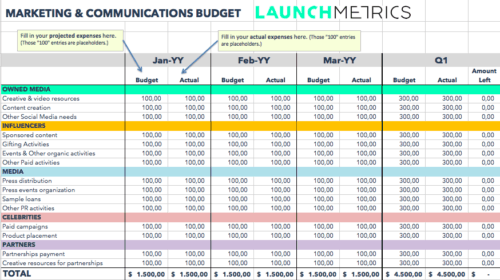The end of the year is approaching and for those that lead marketing and communication teams, it is a crucial time for decision making. The last quarter for many departments involves the analysis of annual results, the performance of the different campaigns and activities launched in different markets, but above all, it means the redistribution of the marketing budget from digital marketing to communications to public relations for the following year based on the results obtained by each area.
CMOs and directors of marketing and communication are faced with the task of asking themselves: What is the return on investment in monetary terms of my cross-channel marketing activity...? To answer this question, a system of attribution or performance analysis of online, social and print media becomes essential.
In a scenario in which marketing is increasingly "measurable" and, in turn, increasingly necessary to achieve visibility and sales in a highly competitive environment, every pound counts.
In this article, we will talk about the three fundamental tools to streamline and simplify the budget planning process in a strategic way.
In this article you’ll learn…
Understand results through a single criterion that takes all forms of media into account
One of the biggest challenges for any person responsible for marketing and communication is the measurement of results through a unitary criterion that is applicable to all channels, actors, platforms, and formats in which cross-channel strategies are developed today. What is the value of a campaign with Influencers versus a press feature, or the impact of social channels compared to that of other Partners and retailers...?
In addition, many marketing and communication departments work with different measurement tools, indicators and metrics depending on who they report to within the department.
For this reason, the number one rule in understanding the attribution of your global marketing and communication strategy is to use a single criterion for all areas. A metric capable of translating the impact of your actions into monetary terms, regardless of whether they have been provoked from your social networks, media, Influencers you have collaborated with, Celebrities, etc.
Media Impact Value™ is a metric that since its launch in early 2018 has allowed many clients to understand the return on investment (ROI) of their activities more clearly. In the Data on the Runway report that we launched at the beginning of the year with WGSN, we included a summary on the performance of the four main international Fashion Weeks that allowed us to apply the MIV® criteria at different levels: to analyze the impact by geographic area of each brand, by channel, by type of publication and even by each Influencer or opinion leader involved in the campaigns of the brands and designers.

How is MIV® calculated and applied? The Media Impact Value (MIV) algorithm measures the impact of all relevant mentions on all channels (online, social and print), including paid, owned and earned media, to calculate a quantitative performance number. In order to capture the best value for fashion, luxury and beauty companies, our algorithm is based on shared criteria such as scope and engagement combined with market-specific data, as well as our own content quality scoring system. To collect the mentions we work with a semantic keyword identification system that allows us to calculate the MIV.
Group cross-channel activity using a "Voice-centric" system to obtain a global vision.
There is always talk about the opportunities that the "cross-channel" universe offers when it comes to connecting with the new consumers. Omnichannel marketing has long been an objective of fashion, luxury and cosmetics brands. About 54% of those surveyed in BoF and McKinsey's The State of Fashion 2019 report said increasing omnichannel integration (along with investment in e-commerce and digital marketing) is their number one priority for 2019 for the third consecutive year.
However, this omnichannel approach entails an important challenge that should not be underestimated: adapted measurement.
How do you compare a mention of an Influencer, as opposed to the engagement generated on your brand's Instagram account, or a mention on Vogue's Facebook profile, opposed to a publication in print media?
Having an algorithm such as Media Impact Value (MIV) capable of unifying the measurement of these elements by means of the same single criterion makes it easier to understand which format or individual action generates the greatest value for a brand. However, it is also necessary for all these channels, actors and formats to be grouped by large categories that offer a less granular and more strategic vision for decision making.
The "Voices" is a system that allows marketing and communication teams to organize their strategies around five main Voices, including Owned Media - social networks, website and blog of the brand, etc., Influencers, Celebrities, Media - whether print or online channels of such publications and finally, Partners.

However, it is important to consider that when building your marketing budget, it is not a question of assigning the largest share to the Voice with the highest MIV, but of analyzing within your strategy how each Voice complements the others forming a perfect "mix". A campaign with Influencers, for example, can get very good results by itself; however, by supporting your Owned Media the campaign could spread more effectively and achieve even better results. It may, therefore, be interesting to balance your budget between activities dedicated to Influencers and those carried out by your own resources.
Work through digital and offline marketing budget templates aligned with your measurement system
There is no point in having a measurement system adapted to your cross-channel marketing strategies, without a budget tracking template equally adapted to this attribution model. Regardless of whether you monitor your marketing budget on an internal platform, an Excel spreadsheet or a Google Drive spreadsheet, it is necessary that both budget and performance reports are grouped based on the same criteria as your measurement system.
Here is an example of a template that you can download for free and that will help you track the expenditure and get a view by Voices of your investment.



